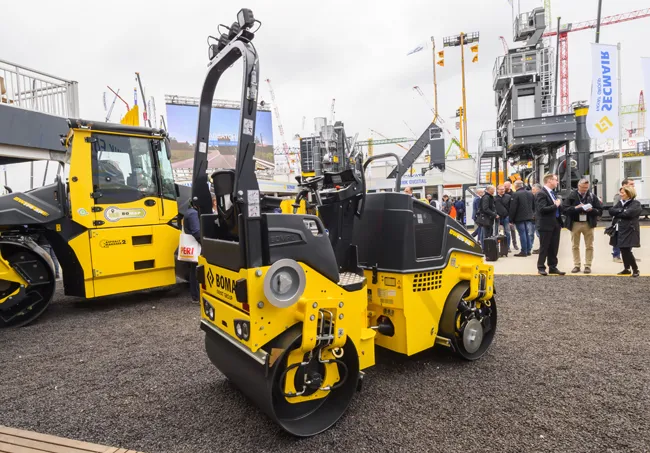Moves are underway in the Netherlands that could see only electric cars being sold in the country from 2025. Proposals are now being made to ban the sale of diesel and petrol fuelled cars in the country, with these having passed initial stages of acceptance by the Dutch Government according to reports in the local press, DutchNews. The plan forms part of the country’s drive to meet pledges made at the most recent UN Conference on Climate Change, which was held in Paris in 2015.
April 7, 2016
Read time: 2 mins
Moves are underway in the Netherlands that could see only electric cars being sold in the country from 2025. Proposals are now being made to ban the sale of diesel and petrol fuelled cars in the country, with these having passed initial stages of acceptance by the Dutch Government according to reports in the local press, DutchNews. The plan forms part of the country’s drive to meet pledges made at the most recent UN Conference on Climate Change, which was held in Paris in 2015.
There is debate over how best to reduce the levels of CO2 emissions from transport but the wider adoption of electric vehicles is seen as one of the key strategies. Fuel cell vehicles are also seen as a possible solution to reducing transport emissions but these power units are being both more complex and more expensive.
The Netherlands is one of a number of countries that recently joined the International Zero-Emission Vehicle (ZEV) Alliance and stated that they will switch to zero emission vehicles by 2050. However there is some resistance to the switch to electric vehicles in the Netherlands and the move could yet be halted or delayed.
There is debate over how best to reduce the levels of CO2 emissions from transport but the wider adoption of electric vehicles is seen as one of the key strategies. Fuel cell vehicles are also seen as a possible solution to reducing transport emissions but these power units are being both more complex and more expensive.
The Netherlands is one of a number of countries that recently joined the International Zero-Emission Vehicle (ZEV) Alliance and stated that they will switch to zero emission vehicles by 2050. However there is some resistance to the switch to electric vehicles in the Netherlands and the move could yet be halted or delayed.









